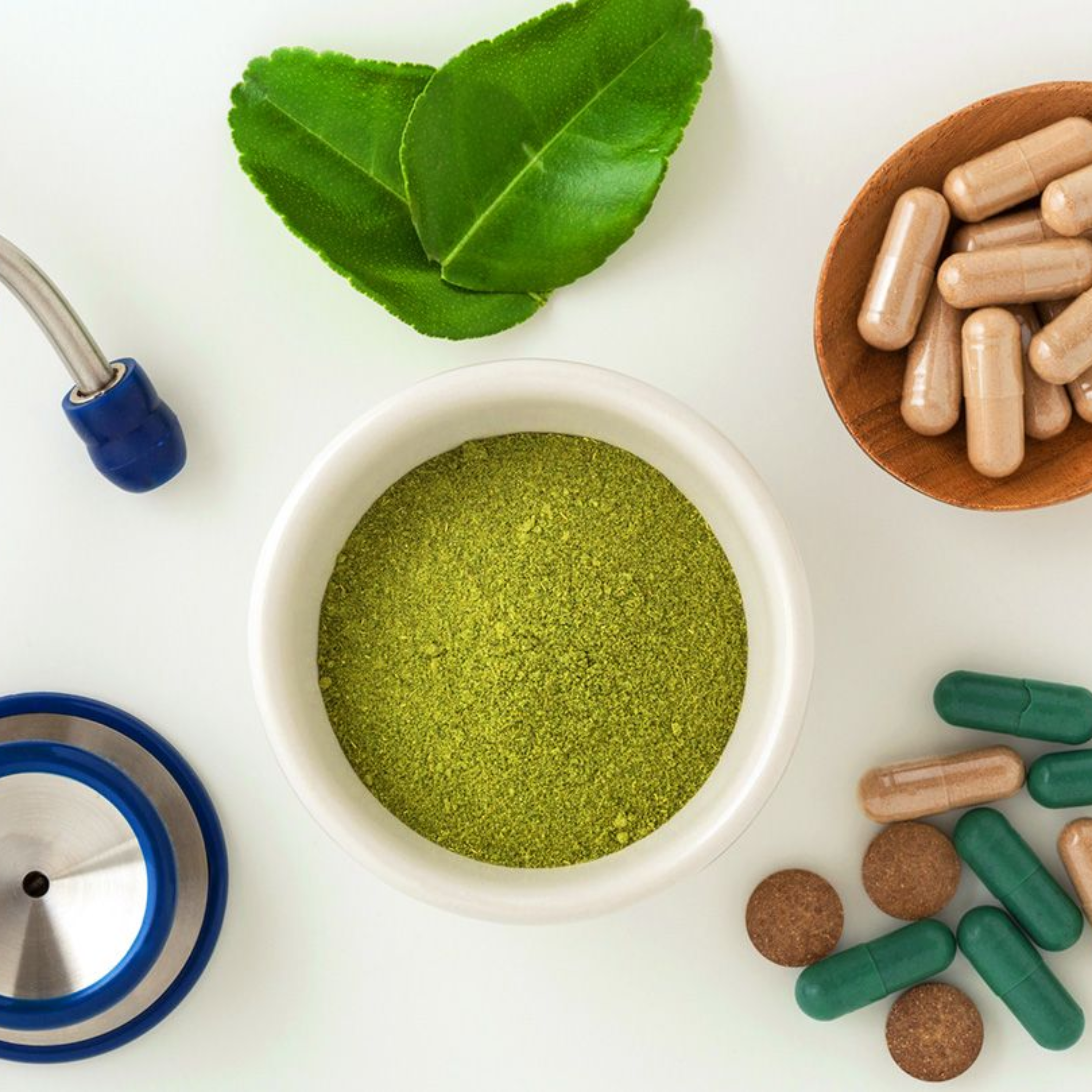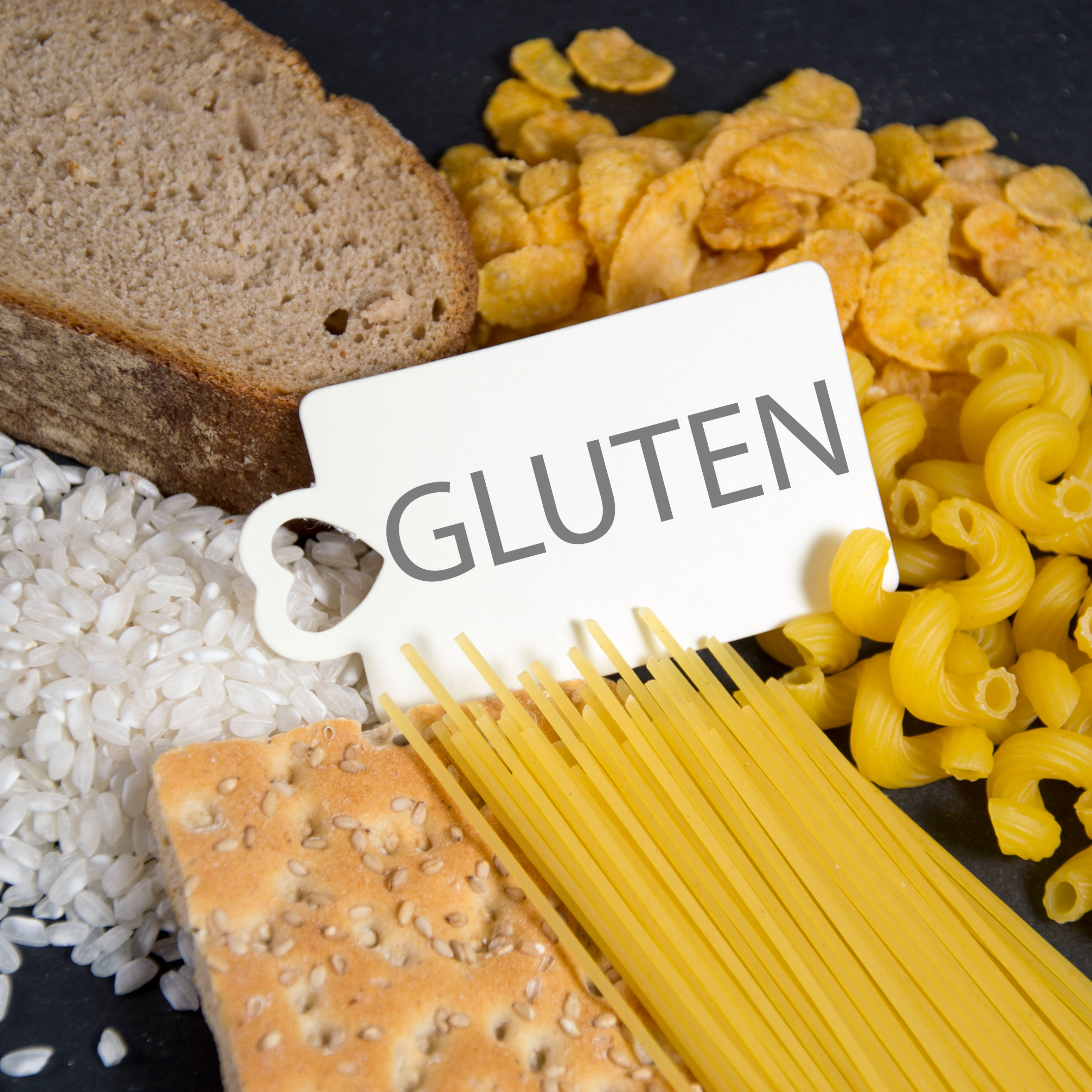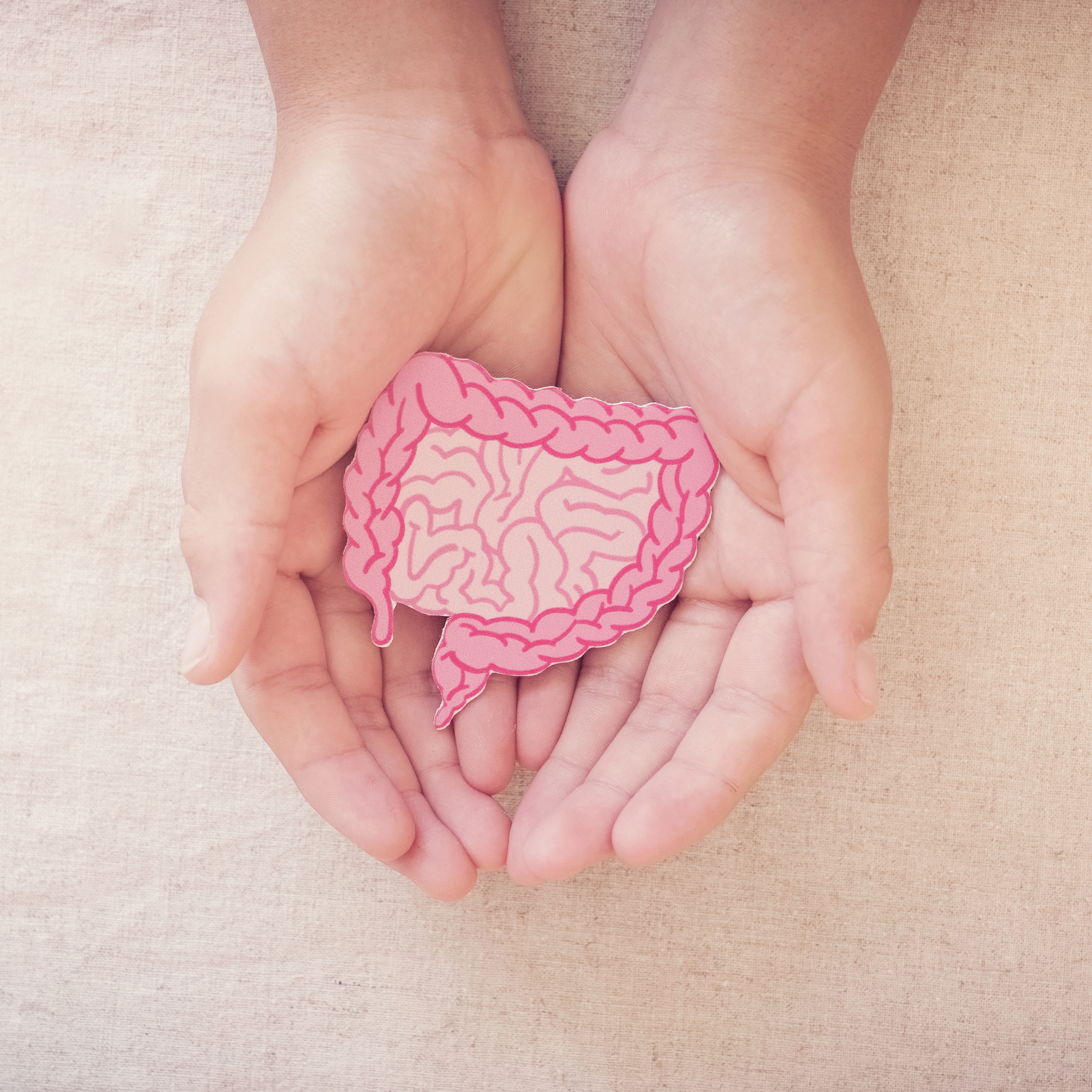
The 17 Main Causes Of Inflammation
WHATS UP WITH INFLAMMATION
Inflammation is part of every type of disease, whether you’re looking at cardiovascular, Alzheimer’s, high blood pressure, type 2 diabetes, cancer or skin issues such as dermatitis, psoriasis, eczema and rosacea.
Inflammation is an imbalance in the immune response in the body. We know that the imbalance doesn’t happen for no reason, the body is not messing up. It’s actually reacting to some type of stimulus.
THE MISCONCEPTION
People still believe that they need to address the inflammation by using a lot of herbal-based products. Things like turmeric, bromelain, frankincense, green tea and other herbs are great but we shouldn’t be interested in treating inflammation per se. In natural health we don’t treat symptoms, we address the underlying root causes.
If you’re not addressing the root cause of the inflammation occurring in the first place, you’re really just working on symptoms. Naturopathic doctors and any type of functional medicine practitioners should not be working on the particular symptom, they should be looking at what is causing the “disease” in the body.
MAIN CAUSES OF INFLAMMATION
1. Heavy metal toxicity
In conventional medicine, if it’s not lead poisoning, we almost never talk about it. Well, a little mercury or aluminium still causes inflammation.
There are many people dealing with high levels of copper, mercury and aluminium.
Heavy metals create oxidation and basically oxidises your body from the inside-out, causing free radical damage. It will age you faster, create inflammation and lead to a host of issues.
2. Polyunsaturated fats
Dangerous mainly when oxidised or cooked. Polyunsaturated fats by themselves found in nuts and fish are not dangerous unless consumed in large amounts.
You want to make sure you’re not cooking with oils such as soybean or safflower oil.
3. Saturated fats
This is something that a lot of practitioners don’t like talking about. They are somewhat nervous to talk about it because it would negate all of the high saturated fats keto diets.
Only a cyclical version of that could be healthy but can be extremely detrimental in the long run.
I am not saying saturated fats are bad, I’m saying that TOO many saturated fats are bad. For those doing keto diets, having 70% of your diet as fat and the majority of it coming from saturated fat is a really bad idea.
If you have too much saturated fat over a period of approximately 4 months, it leads to a more anaerobic environment around cell membranes and does not allow enough oxygen to get in and not enough waste to get out. So, what do we get? Inflammation.
4. Sleeping less than 7 hours
If you sleep less than 7 hours a night, it is a big problem in terms of rejuvenation and removing a lot of these toxins and decreasing inflammation. Those that sleep less have higher levels of fasting glucose and higher levels of inflammation.
Alcohol a couple of hours before bed will typically not allow people to get the same level of deep sleep and of course, alcohol in itself is an issue for the liver. So, the liver has to use a lot of its reserves to be able to break down a lot of the ethanol in the alcohol to make sure that it doesn’t poison the body.
5. Processed grains
Grains that have been turned into a flour could easily elevate blood sugar levels. Processed wheat, for example, is inflammatory in itself and when you turn it into bread it leads to a greater spike in blood sugar and inflammation.
6. Increased intestinal permeability (leaky gut)
This is hands down the most important one. The root cause of autoimmune diseases is typically some level of increased intestinal permeability, especially when we’re talking about any skin-based issue.
You might be doing almost everything right but you will still have a lot of inflammation and end up with autoimmune issues if you have leaky gut.
When you eat, proteins are spilling through that gut wall, turning on the immune system and essentially causing inflammation. This inflammation then ends up causing an issue with your genetic programming. Genetics matter but only if there is a causal factor for them to be turned on.
7. Not enough omega 3s
Ideally you should be on a ratio of 3:1 of Omega 6s to Omega 3s. If you’re not eating wild salmon, sardines or other high fat fish 3 times per week then you’re likely not within this ratio.
You may be eating a healthy diet already, but you might still not get all of the nutrients you need. This is when supplements come to play; they are there to supplement a healthy diet.
8. Low antioxidant levels
Antioxidants inhibit oxidation. If you’re doing a ton of exercise, that’s great but you’re creating a lot of oxidation and creating a lot of free radicals in the body. It is something that happens naturally in the body and it is fine as long as you have enough antioxidants in order to boost the immune system.
Everyone should be having 8-9 cups of fruits and vegetables every-day. Maybe a little extra vitamin C in your diet and then of course a good quality multivitamin and mineral support. Our soil has gone through severe degradation and so even if you eat the best organic foods, it is virtually impossible to get all the nutrient we need from food alone. If on top of that your gut is not functioning properly, you’re not able to absorb nutrients from food thus leading to a wide range of deficiencies.
9. Low vitamin levels
Having low levels of vitamins such as B, E and D vitamins leads to an imbalance in the immune system. B vitamins help deal with stress, convert carbohydrates into energy, cellular function and are super important for the nervous system.
Vitamin E, Magnesium and Zinc are responsible for hundreds of different processes in the body. Zinc is the mineral that helps the immune system, tissue repair, gut function and it is absolutely crucial if you want to rejuvenate the body.
But remember, just like anything, too much of something can lead to detrimental effects. This is why we don’t want to overdo Vitamin D or Zinc but simply want to use them as part of a great supplement-based protocol.
10. High Estrogen Levels
When a man or a woman has high estrogen levels, they’re going to have higher levels of inflammation. This inflammation creates more adipose tissue and therefore more body fat.
This then creates more cortisol which then creates further estrogen.
Estrogen is a vicious cycle. It is something we always need to check and also figure out WHY the levels are high in the first place. It needs to be in balance with progesterone to keep inflammation down and blood sugar levels regulated.
11. High Cortisol
This is part of the HPA axis and when the body is under stress, it is going to produce more cortisol if it needs to as a stress-based response.
Cortisol provides the body with glucose by tapping into protein stores in order to find a fuel source. This leads to elevated levels of blood sugar, increased insulin and thus creates inflammation.
12. Over exercising or under exercising
Over exercising creates a lot of oxidative damage in the body and thus creating a lot of inflammation. There are many studies that show that long and endurance-based athletes such as marathoners have issues with their heart.
When we under exercise, our response to stress goes down and we actually get weaker not just in the muscles but in the ability to handle and regulate inflammation adequately.
So definitely exercise, just don’t overdo it.
13. Liver toxicity
Everyday we are exposed to some type of toxin and there are several studies that show that people have at least 70 serious carcinogens toxins in their bodies. These toxins create anything from inflammation to cancer. The average women leaves the house with 126 different toxins in her body from the average of 12 different cosmetics that she uses!
When the toxins get into the body, our liver gets overwhelmed and is unable to detoxify as quickly as it should so a lot of it is left in our blood stream.
14. Low thyroid
Hypothyroidism can actually lead to a higher level of inflammation. When the body is not functioning optimally, you are not going to have optimal adrenals, hormones or thyroid. You will then be more likely to have brain fog, an increase in body fat, poor circulation, etc.
15. Toxins
The air you breathe, the water you drink and the foods you eat really do matter. The non-natural perfumes, sunscreens, and moisturisers for example are loaded with cancer-causing chemicals. All of these things get absorbed through the skin and it is just one more way the body absorbs toxins.
If your dermatologist is telling you to put all these different moisturisers and creams, they are not trying to harm you but they simply don’t know about it. Even though they took a course in college called toxicology, they are not applying it to situations in the real world.
16. Oral hygiene
If you have inflammation of the gums by not brushing your teeth at least twice a day and flossing at least once a day then it leads to poor oral hygiene. This can lead to inflammation in the mouth because of all the anaerobic bacteria taking place.
17. Food sensitivities
Eggs are typically the second or third most common IgG food sensitivity. It doesn’t mean everyone has it but some people do. Those people that eat eggs often especially tend to have some type of increased intestinal permeability or any type of autoimmune issue (i.e. skin rash).
There are many people eating healthy foods that are causing them an inflammatory reaction 1, 2 or even 3 days later. It doesn’t cause bloating or anything immediately like hives, but days later will cause things like joint pain, skin rashes, brain fog, headaches, or whatever it might be you’re more susceptible to in terms of inflammation.
No wonder inflammation is implicated in 99% of all diseases when all of these things begin to add up every year of our lives.
THE GOOD NEWS
There are all things you can figure out.
At any time, you can choose to work on it. It won’t happen overnight, but you will lessen it over the course of days and it is all the small actions you take every day, every week and every month that add up to the big picture of your health.
My job is to simply put my clients’ bodies in a position to heal themselves. This means removing a lot of the inflammatory triggers and replacing a lot of the deficiencies that a client might have.









Leave a comment